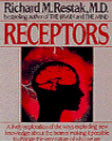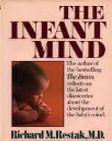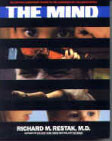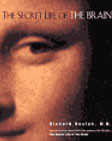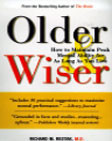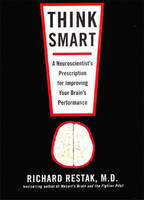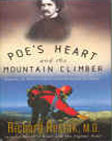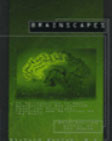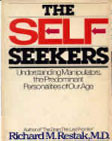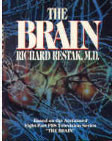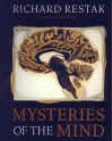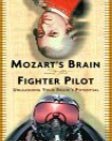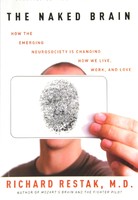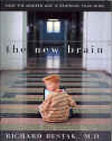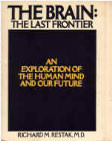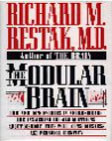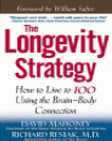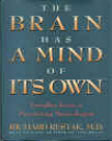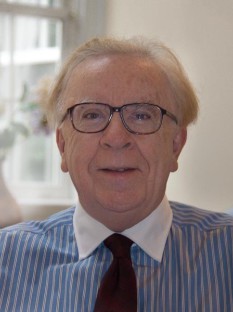
How New Discoveries in Neuroscience Are Answering Age-Old Questions About Memory, Free Will, Consciousness, and Personal Identity
At age fifty-four, Derek suffered a stroke that left him temporarily unable to speak. A month later his speech returned, but he experienced the speech of others as "mumbling." Was Derek partially deaf? No: doctors discovered that he failed to hear only abstract words (such as idea or freedom).But Derek's reading comprehension and definition of abstract words was perfect; it was just hearingthem that was impossible for him.
Dr. Richard Restak employs fascinating cases such as this to explore the concept of the modular brain, a new frontier of the science of the mind. Derek's case and others like it suggest that spoken and written comprehension occur in separate areas of the brain; that the brain is not centrally organized as previously thought but, rather, different parts of the brain control different abilities, and these parts (or modules) operate independently.
As Dr. Restak explains, this renders untenable the traditional distinction between mind and brain embodied in the two often-competing disciplines of psychiatry and neurology. While most of us think of ourselves as having unified minds and personalities, important aspects of ourselves may be altered or disappear completely as a result of brain damage. What's more, all of the expressions of the mind--the exercise of free will, memory, knowledge, consciousness, identity, and selfhood--are now recognized as dependent on the brain.
Compelling case studies from his own clinical practice and research enliven Dr. Restak's explanation of how neuroscience is proposing answers to our questions about identity and consciousness, the same questions that philosophers have been asking for centuries.
Table of ContentsAcknowledgmentsIntroductionChapter 1: "On the Organ of the Soul"Chapter 2: Doctor Mountcastle's CuriosityChapter 3: "A Power of Will"Chapter 4: An Existential IllnessChapter 5: "Is a Bee Smaller Than a House?"Chapter 6: Time Stops for Mr. MChapter 7: The Face That Launched a Thousand SlipsChapter 8: Becky and LucyChapter 9: The Alien HandChapter 10: The Flip of a CoinChapter 11: The Papez CircuitChapter 12: The Illness of Maurice RavelChapter 13: An Ant in the British Museum
